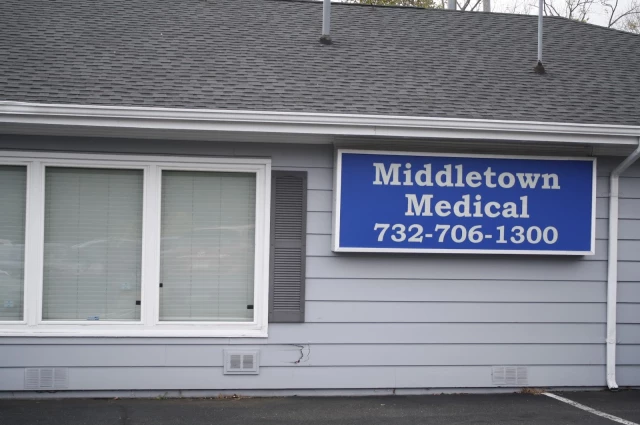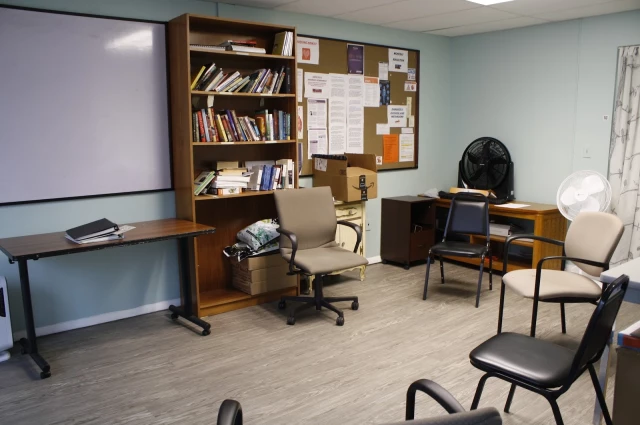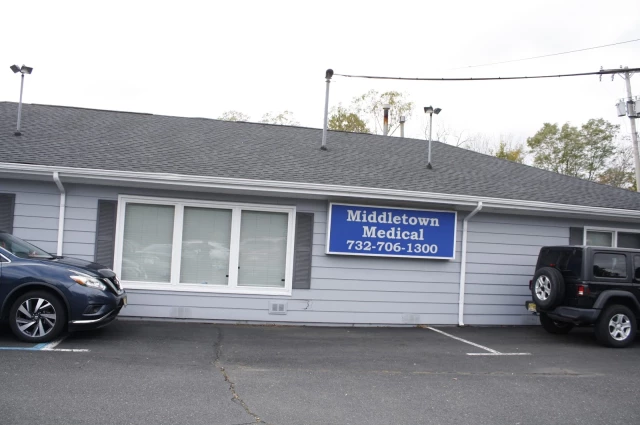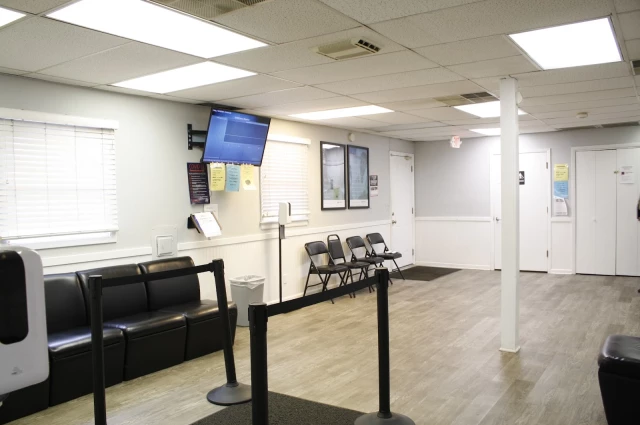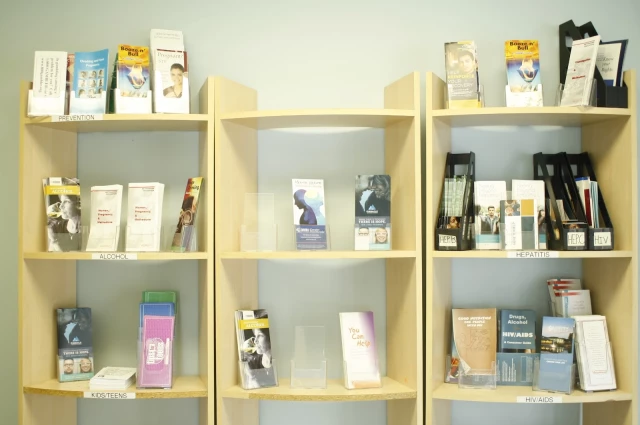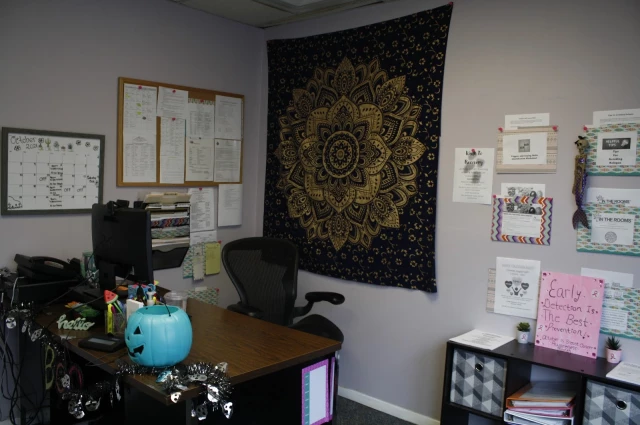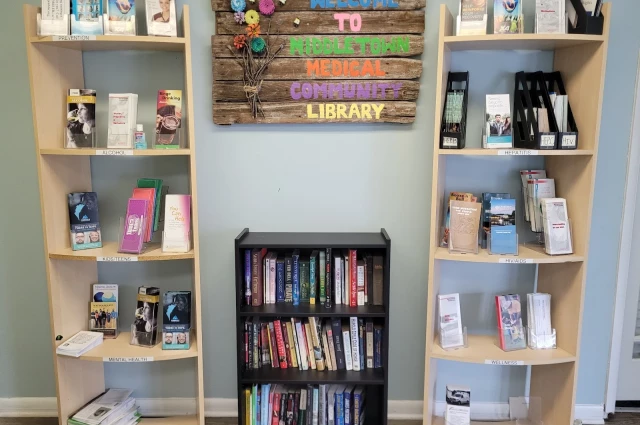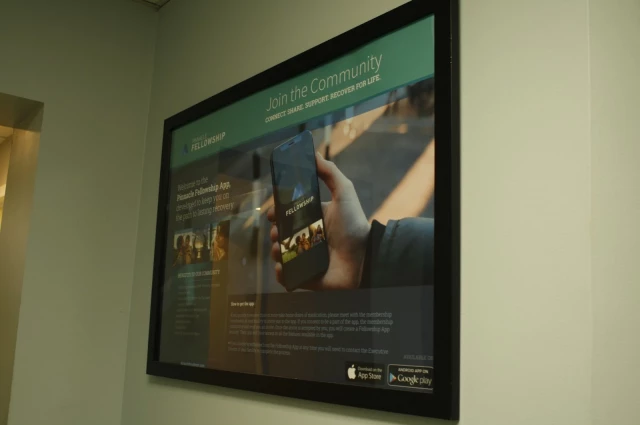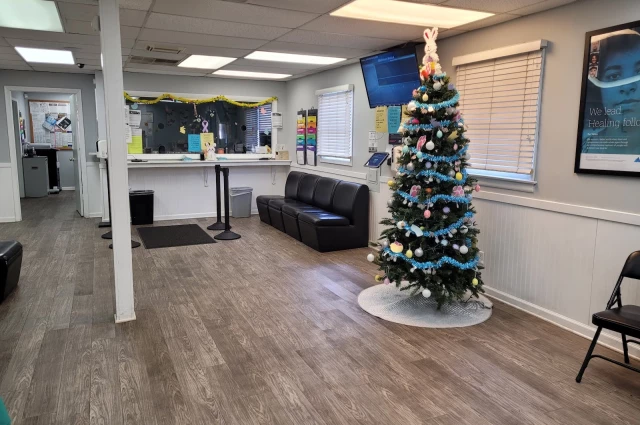Middletown Medical Information
Treatment
Who We Treat
- Male and Female
- LGBTQ+
Treatment Focus
- Twelve Step
- Co-Occurring Disorders
- Opioids
- LGBTQ+
- Medication-Assisted Treatment
Approaches
- 12-Step-Based
- Individual Treatment
- Evidence-Based
- Medical
- Twelve Step
- Family Therapy
- Group Therapy
- 1-on-1 Counseling
- Art Therapy
- Meditation & Mindfulness
- Medication-Assisted Treatment (MAT)
- Online Therapy
- Life Skills Training
Conditions We Treat
- Post Traumatic Stress Disorder (PTSD)
- Trauma
- Co-Occurring Disorders
Substances We Treat
- Alcohol
- Prescription Drugs
- Heroin
- Opioids
Languages
- English
Aftercare
- Intensive Outpatient Program
- Follow-up Sessions (in-person)
- Follow-up Sessions (online)
Level of Care
- Outpatient
- Intensive Outpatient Program (IOP)
- Virtual & In-Home Care
- Co-Occurring Mental Health
Experience
On-Site Amenities
- Gardens
- Library
On-Site Activities
- Farming
- Gardening
- Yoga
- AA/NA Meetings
Off-Site Activities
- AA/NA Meetings
Special Considerations
- Wheelchair Accessible
- LGBTQ group
Smoking and Vaping Policy
- Smoking Not Allowed
- Vaping Not Allowed
Middletown Medical Accepts The Following Insurance Plans
Find the best treatment options. Call our free and confidential helpline today!
